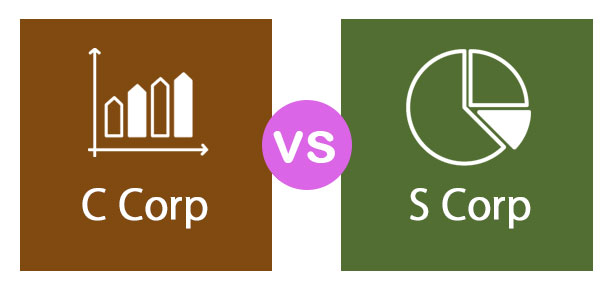C Corporations and S Corporations Are Not the Same: Know Before You Choose

C Corporations and S Corporations Are Not the Same: Know Before You Choose
If you are considering incorporating a business in Pennsylvania, it is not enough to simply file articles of incorporation and obtain an EIN number. You must also determine which corporate status is right for your business. Under IRS rules, the default corporate designation is C corporation. A corporation wishing to conduct business as an S corporation must elect S corporate status prior to filing its initial corporate return. Failing to do so could cost the corporation and its owners dearly.
Before forming a corporation, the owner(s) should carefully consider the differences between a C corporation and an S corporation, especially for federal income tax purposes. Most importantly, C corps are separately taxable entities. They file a corporate tax return (Form 1120) and pay taxes at the corporate level. They also face “double taxation” if corporate income is distributed to business owners as dividends. Dividends are considered personal taxable income. The corporate income tax is paid first at the corporate level and then again at the individual level on dividends.
S corporations, however, are considered pass-through taxation entities. They file an informational federal return (Form 1120S), but no income tax is paid at the corporate level. The profits/losses of the business are instead “passed-through” and reported on the owners’ personal tax returns. Any tax due is paid at the individual tax rate by the owner(s). Failure to elect S corporation status means the corporation will be considered a C corp. by default, which in turn, may require tax payment at the corporate level plus tax payment at the individual level (double taxation). With both C corporations and S corporations, personal income tax is due on any salary drawn from the corporation and from any dividends received from the corporation.
Another important distinction between C and S corps is the restriction on ownership. S corporations have specific ownership constraints, C corporations do not. S corporations cannot have more than 100 shareholders. In addition, all shareholders must be U.S. citizens or permanent residents. S corporations also have a single designated type of shareholder/stock while C corporations may have multiple types – common, preferred, etc. Moreover, S corporations cannot be owned by C corporations, LLCs, other S corporations, trusts, or partnerships. Because S corporations have so many ownership restrictions, these restriction can hamper the sale of stock. Depending on your situation and what you want out of the business, this may be a good or bad attribute.
One important similarity between C and S corps is the benefit of limited liability protection they provide to shareholders. Limited liability shields the owners from personal responsibility if the company is sued for business debts and liabilities, meaning that the owners are not personally responsible. It is important, however, for the shareholders to do right by the corporation and not run afoul of the law. If they do, they might end up being personally liable, sometimes referred to as “piercing the corporate veil”.
Both types of corporations require the filing of articles of incorporation and have directors, officers, and shareholders. Shareholders are owners of the company who elect the board of directors. Directors, in turn, are responsible for electing officers to manage the daily activities of the business. Regardless of C or S corp. status, officers have the same corporate responsibilities, including filing annual reports, adopting bylaws, holding director and shareholder meetings, issuing stock, and paying annual fees.
We hope this discussion illuminates some of the important similarities and differences between the two types of American corporations. Before deciding which is best suited to your needs, you should speak to an experienced attorney to help you choose and guide you through the process.
To begin a discussion about your corporate structure feel free to contact Moretsky Law for a confidential consultation at 215-344-8343.
For more information on Tax Law, visit here.



